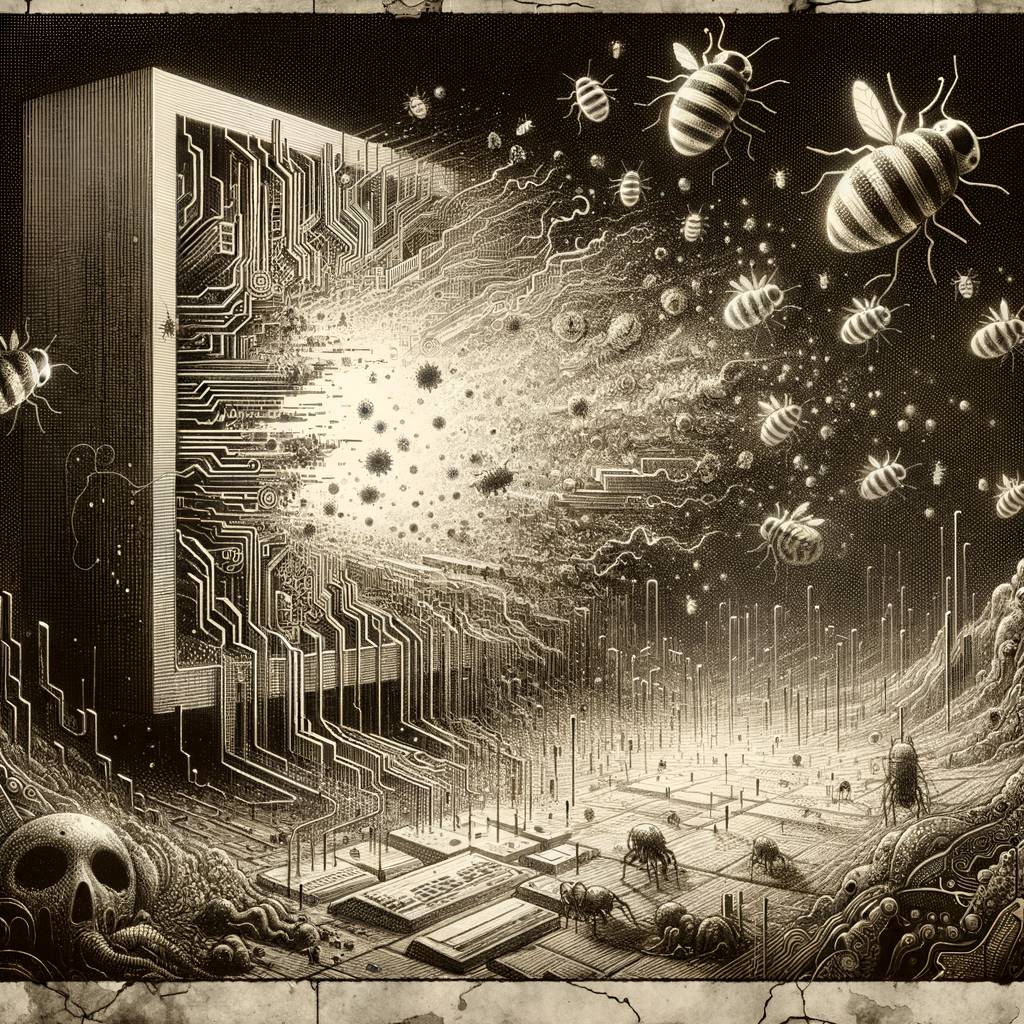Google Quick Share Bugs Squashed: How 10 Flaws Could’ve Turned Your PC into a Hacker’s Paradise
DEF CON researchers Or Yair and Shmuel Cohen found ten bugs in Google’s Quick Share for Windows that allowed remote code execution. Dubbed QuickShell, this attack chain bypassed file transfer consent and forced Wi-Fi connections. Google has since patched these vulnerabilities.

Hot Take:
Google’s Quick Share: Now with 100% less ‘Surprise! Your PC is Mine’ moments! Thanks to some DEF CON wizards who found bugs faster than a toddler finds candy in a toy store, you can now share files without sharing your computer’s soul. Kudos to team SafeBreach for making our digital lives a tad safer, and to Google for fixing those bugs quicker than you can say ‘fuzzing tool’!
Key Points:
- SafeBreach discovered 10 vulnerabilities in Google’s Quick Share for Windows, enabling remote code execution (RCE).
- The bugs were fixed by Google, which issued CVEs CVE-2024-38271 and CVE-2024-38272 with severity ratings of 5.9 and 7.1 respectively.
- The QuickShell RCE attack was demonstrated at DEF CON, showing how files could be pushed to devices without user consent.
- Google’s Quick Share uses multiple communication protocols and APIs, complicating the security landscape.
- Vulnerabilities allowed unauthorized file write, forced Wi-Fi connection, and several forms of denial-of-service (DoS) attacks.
Already a member? Log in here
